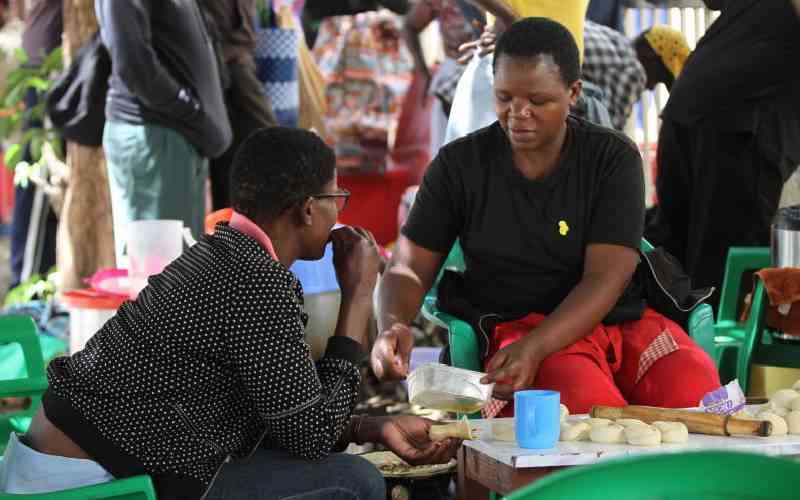×
The Standard e-Paper
Fearless, Trusted News

The National Treasury has warned Central Bank of Kenya's (CBK) fight to rein in inflation could tip the battered economy into a temporary recession.
The warning comes at a time the Kamau Thugge-led CBK has made attempts to squeeze high inflation out of the economy through the toughest round of rate increases in recent years.